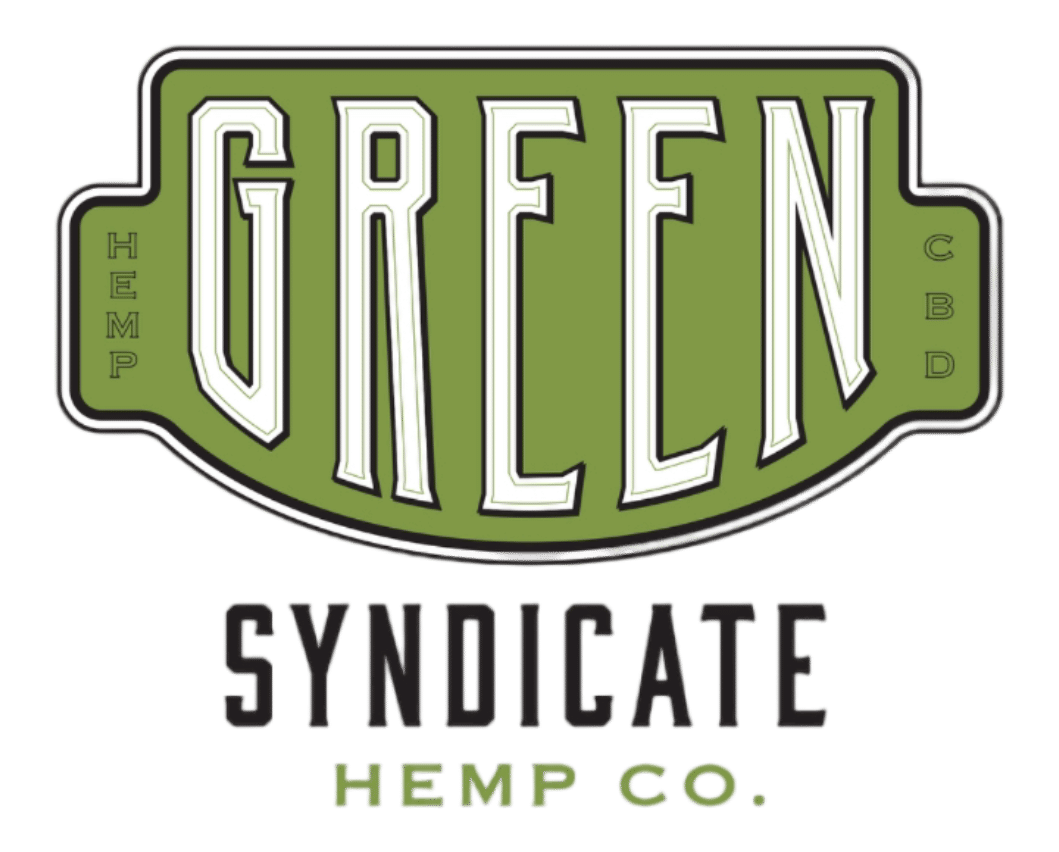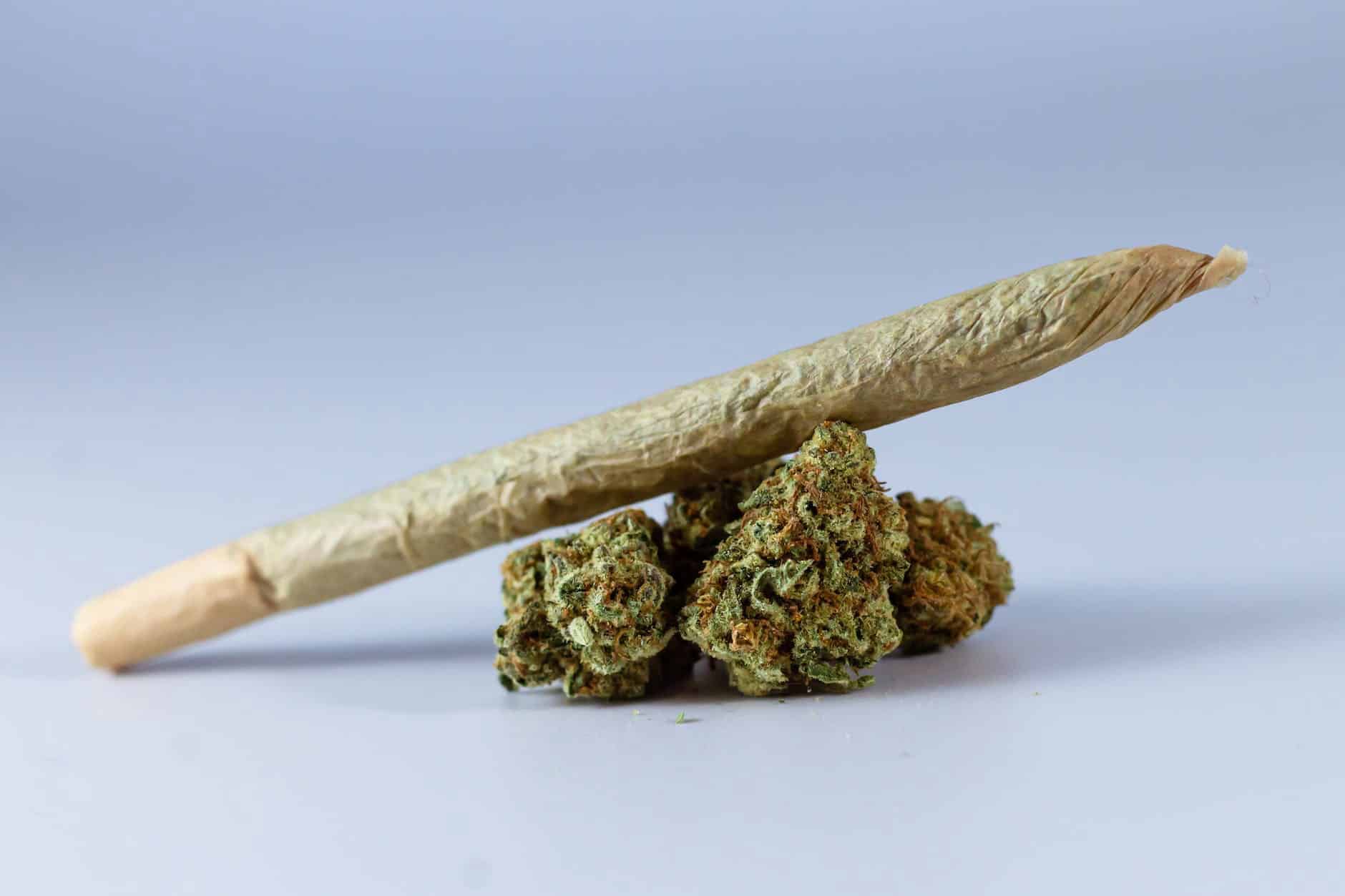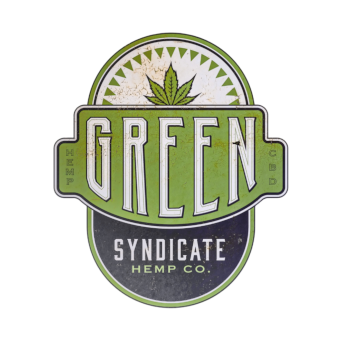Many people know that Delta-9 THC, or delta-9-tetrahydrocannabinol, is the primary psychoactive component in cannabis that gives the “high” sensation. What is often misunderstood is that Hemp-derived THC and Marijuana-derived THC are indeed the same compounds once they have been extracted from the plant. The only difference between them is the THC content in each flower prior to extraction.
It is important to dispel the myth that hemp-derived THC is not as good or as strong as marijuana-derived THC. The truth is that both types of THC have the same chemical structure and produce the same effects when consumed. The strength or potency of THC depends on its concentration, regardless of whether it comes from hemp or marijuana.
One key consideration to understand is that the Farm Bill, which was passed in 2018, made hemp-derived THC legal nationally in the United States. This legislation recognized the distinction between hemp and marijuana, primarily based on the THC content. Hemp is defined as cannabis with a THC concentration of 0.3% or less, while marijuana is cannabis that has a higher THC content.
The legalization of hemp-derived THC was driven by several factors. First, hemp has numerous industrial uses, such as textiles, paper, and building materials. Second, it is a source of CBD (cannabidiol), a non-psychoactive compound with potential health benefits. And third, hemp cultivation provides economic opportunities for farmers and businesses.
It is crucial to emphasize the potential aspects of hemp-derived THC to dispel false perceptions that marijuana-derived THC is superior. Hemp-derived THC has been cited as offering various benefits, including relaxation, pain relief, and potential therapeutic effects. Furthermore, hemp-derived THC products undergo rigorous testing and quality control to ensure safety and consistency just like marijuana.
In summary, hemp-derived THC and marijuana-derived THC are the same compound once extracted from the plant. The main difference lies in the THC content prior to extraction. Hemp-derived THC is not inferior to marijuana-derived THC in terms of quality or strength. The legalization of hemp-derived THC nationally was driven by its industrial uses, potential health benefits, and economic opportunities. It is essential to recognize the value and potential of hemp-derived THC while dispelling any misconceptions about its efficacy compared to marijuana-derived THC.
Here are some key differences:
1. CBD (cannabidiol): Hemp plants typically have higher levels of CBD compared to marijuana plants. CBD is a non-psychoactive compound that is known for its potential therapeutic effects, such as reducing anxiety and inflammation.
2. THC-V (tetrahydrocannabivarin): THC-V is a cannabinoid that is found in higher concentrations in certain marijuana strains compared to hemp. It is believed to have different effects on appetite and metabolism compared to THC.
3. Terpenes: Terpenes are aromatic compounds found in cannabis that contribute to its flavor and aroma. Different strains of hemp and marijuana can have varying terpene profiles, which can influence the overall effects and potential benefits of the plant.
4. Other minor cannabinoids: Besides THC and CBD, there are numerous other minor cannabinoids present in cannabis. These include cannabinoids like CBG (cannabigerol), CBC (cannabichromene), and CBN (cannabinol). The levels of these minor cannabinoids can vary between hemp and marijuana strains.
It is important to note that the specific cannabinoid and compound profiles can vary widely depending on the specific strain and cultivation practices. These differences in cannabinoid and compound profiles contribute to the unique characteristics and potential effects of different hemp and marijuana strains.
Regardless, ensure your product is tested and of high-quality. Most importantly, enjoy responsibly and legally based on the specific laws in your state!



